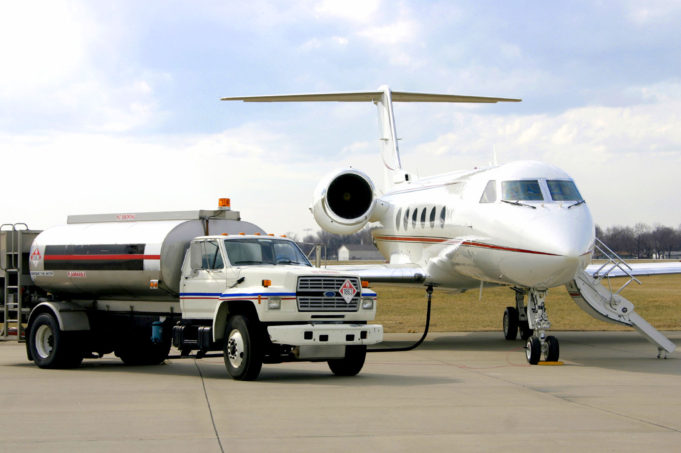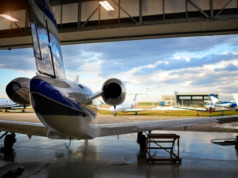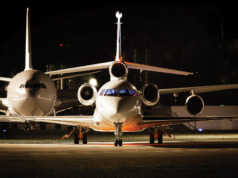When I first began work as the manager of a busy General Aviation airport with a 7000-foot runway, it was back in the era when business jets had to refuel at virtually every stop.
At that time, Fixed Base Operators (FBOs) relied on fuel sales as their primary source of revenue. That revenue covered the cost of most other FBO ground services, personnel, and overhead expenses.
Today’s jets and turboprop engines not only are much more fuel-efficient, but also are designed to enable aircraft to carry more fuel. This allows your crew to avoid buying fuel at intermediate stops where they deem the price too high. While efficient, time-saving, and, at first glance, apparently economical for owners and operators, this combination poses a challenge for the FBOs that serve those aircraft, and ultimately for you as well.
Depending on their size and location, FBOs offer you a wide range of “need-to-have” and “nice-to-have” services. These include highly trained line technicians and customer service representatives, clean restrooms, vending machines, fast WiFi, and available rental cars. FBOs also must maintain and operate fuel and de-icing trucks, ground power units to cool the aircraft prior to your departure, tows, tug bars, and other equipment. Some offer an executive terminal with a pilot lounge, conference room, showers, free refreshments, and other hotel-like amenities. All carry the cost of personnel payroll, training, and insurance, as well as taxes and/or land and building lease fees.
At my airport, traffic and fuel sales were seasonal, and the total volume was not consistently high enough to support the two FBOs onsite.
When one FBO began charging a ramp or service fee for any aircraft parked on the ramp that did not make a specified minimum fuel purchase, there was a hue and cry from owners. However, this change was just the bellwether of what today has become standard practice among all FBOs.
As smaller independent FBOs are absorbed by regional and national chains, more and more FBOs are “unbundling”: charging “à la carte” for any and all services. If FBOs are to survive and be profitable, the market demands that they do so.
This unbundling is not limited to profit-driven corporate and chain FBOs. Airport authorities and municipalities that own or sponsor an airport have the FAA-approved proprietary right to provide any or all aeronautical services, and to charge accordingly. When a privately owned FBO closes due to unprofitability and the airport itself attempts to provide some or all services, the airport assumes those FBO responsibilities. While it may be difficult for owners and operators to understand why a fee is charged for what may be only a few minutes parked on a bit of tarmac to allow passengers to transfer to or from ground transportation, there is no other free market mechanism available.
Airports need to lease every bit of the expensive usable pavement they own or maintain, and FBOs need to extract revenue from every square foot of pavement they lease or maintain. That means that every FBO experience, however brief, must generate revenue.
As owners and operators, you always have the option to direct your crew to search for lower cost alternatives when selecting a destination airport. But chances are that a lower-cost airport will be further from your final destination and will require additional ground travel time, thus offsetting the time-saving advantage of using business aircraft.
Unbundling is not “gouging” for additional profit; it is a necessary business practice enabling FBOs to replace the operating revenue lost from lower fuel volumes and eroding fuel margins. Without it, the FBO infrastructure you rely on at your destination airports could not survive. To insure that the FBO will continue to be there the next time you land, you will pay either a higher price for fuel, or a fee for services. The choice is yours. BAA
Evan R. McDougal is Manager, Aviation Planning for Hoyle, Tanner & Associates. Formerly the manager of the Sanford Maine Regional Airport, he was an Instructor Pilot and Aircraft Commander, U.S. Coast Guard.






